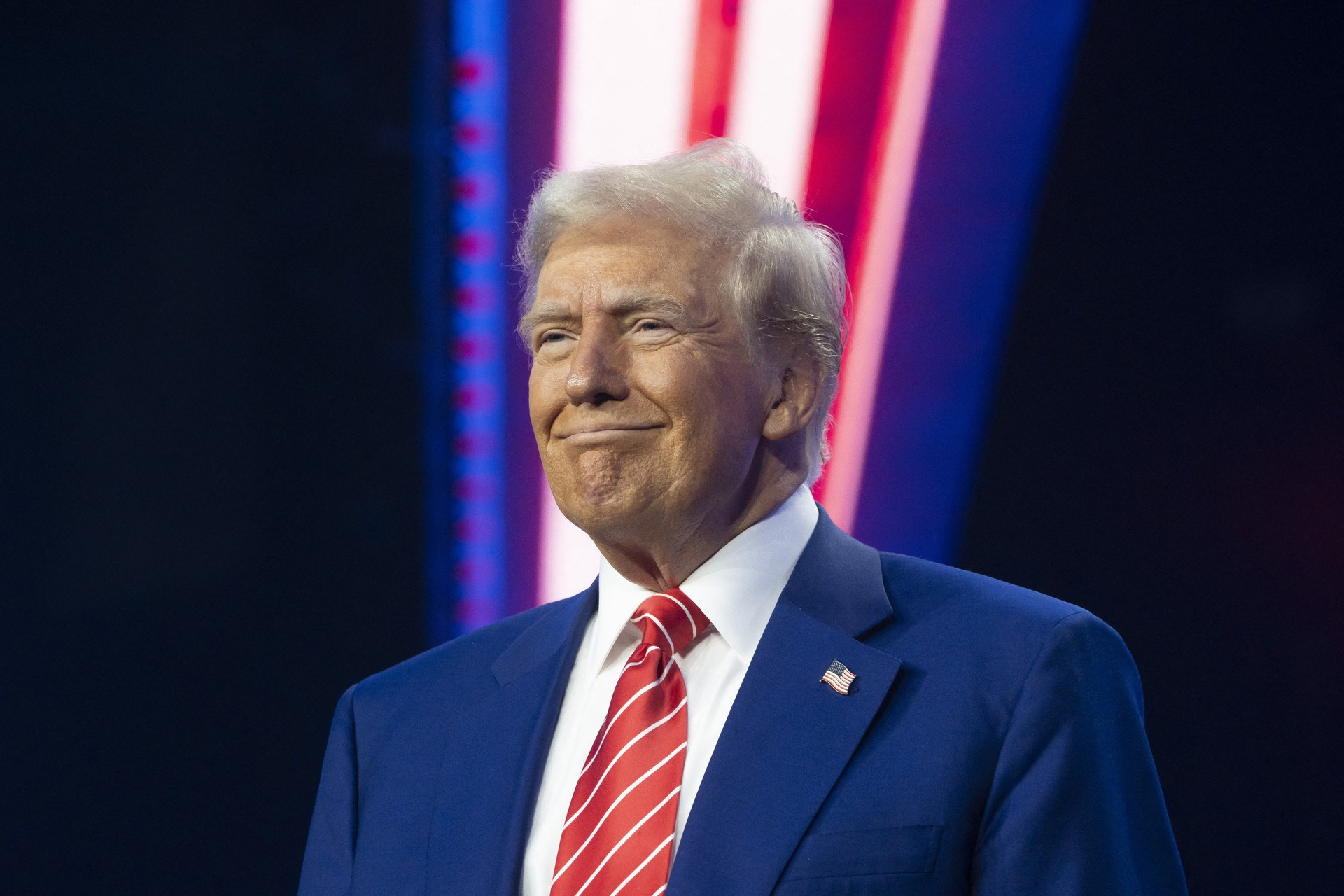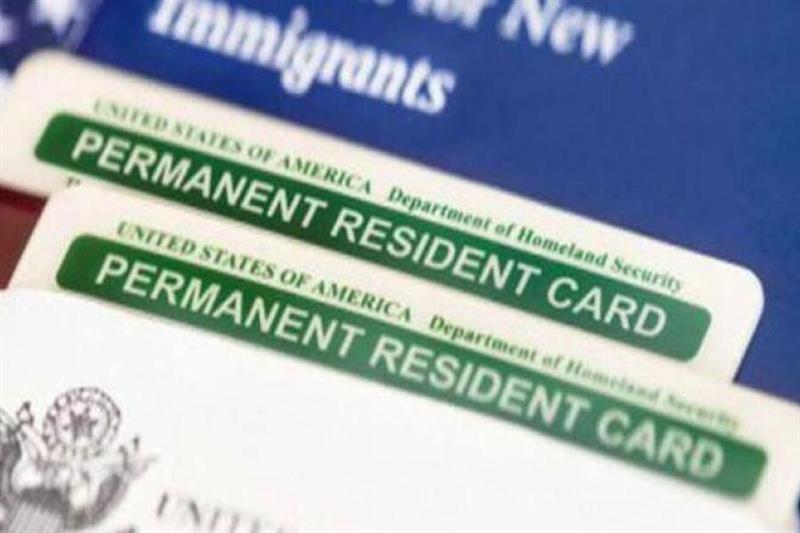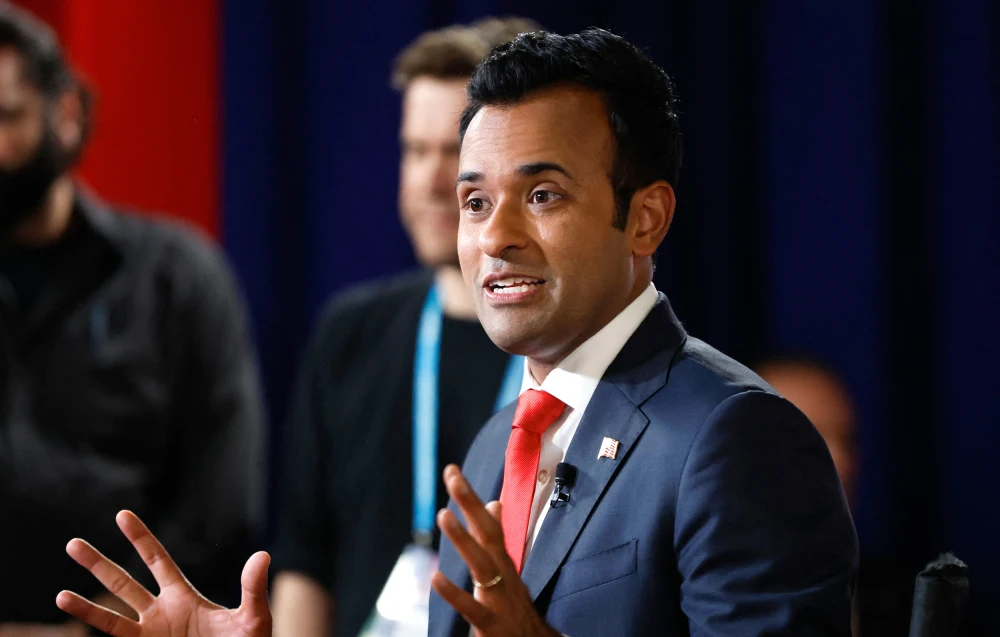
President-elect Donald Trump reignited debate over U.S. immigration and labor policies by proposing that foreign students graduating from U.S. colleges automatically receive green cards, citing the risk of losing future innovators to their home countries.
This marks a significant shift from his previous hardline stance when he criticized programs like H-1B as harmful to American workers.
Trump’s move to attract foreign talent highlights a tension between nationalist rhetoric and economic realities. Tech leaders warn that restricting skilled immigration could harm U.S. competitiveness, especially in critical fields like artificial intelligence. Balancing “America First” priorities with the demands of Silicon Valley remains a core challenge.

 Vivek Ramaswamy in the Spin Room following the first Republican Presidential primary debate in Milwaukee, Wis., on Aug. 23. 2023 (AFP Photo)" alt="Trump proposes green cards for foreign graduates, shifting immigration stance">
Vivek Ramaswamy in the Spin Room following the first Republican Presidential primary debate in Milwaukee, Wis., on Aug. 23. 2023 (AFP Photo)" alt="Trump proposes green cards for foreign graduates, shifting immigration stance">
 Vivek Ramaswamy in the Spin Room following the first Republican Presidential primary debate in Milwaukee, Wis., on Aug. 23. 2023 (AFP Photo)
Vivek Ramaswamy in the Spin Room following the first Republican Presidential primary debate in Milwaukee, Wis., on Aug. 23. 2023 (AFP Photo)
Conservatives defending Krishnan’s proposals see them as critical for maintaining America’s edge in emerging technologies. They argue that bringing in the “best and brightest” aligns with Trump’s broader national interests.
Trump’s broader immigration agenda includes mass deportations and a more restrictive stance on border crossings. How his administration reconciles this with policies to attract elite foreign talent will shape U.S. innovation and economic competitiveness in the coming years.